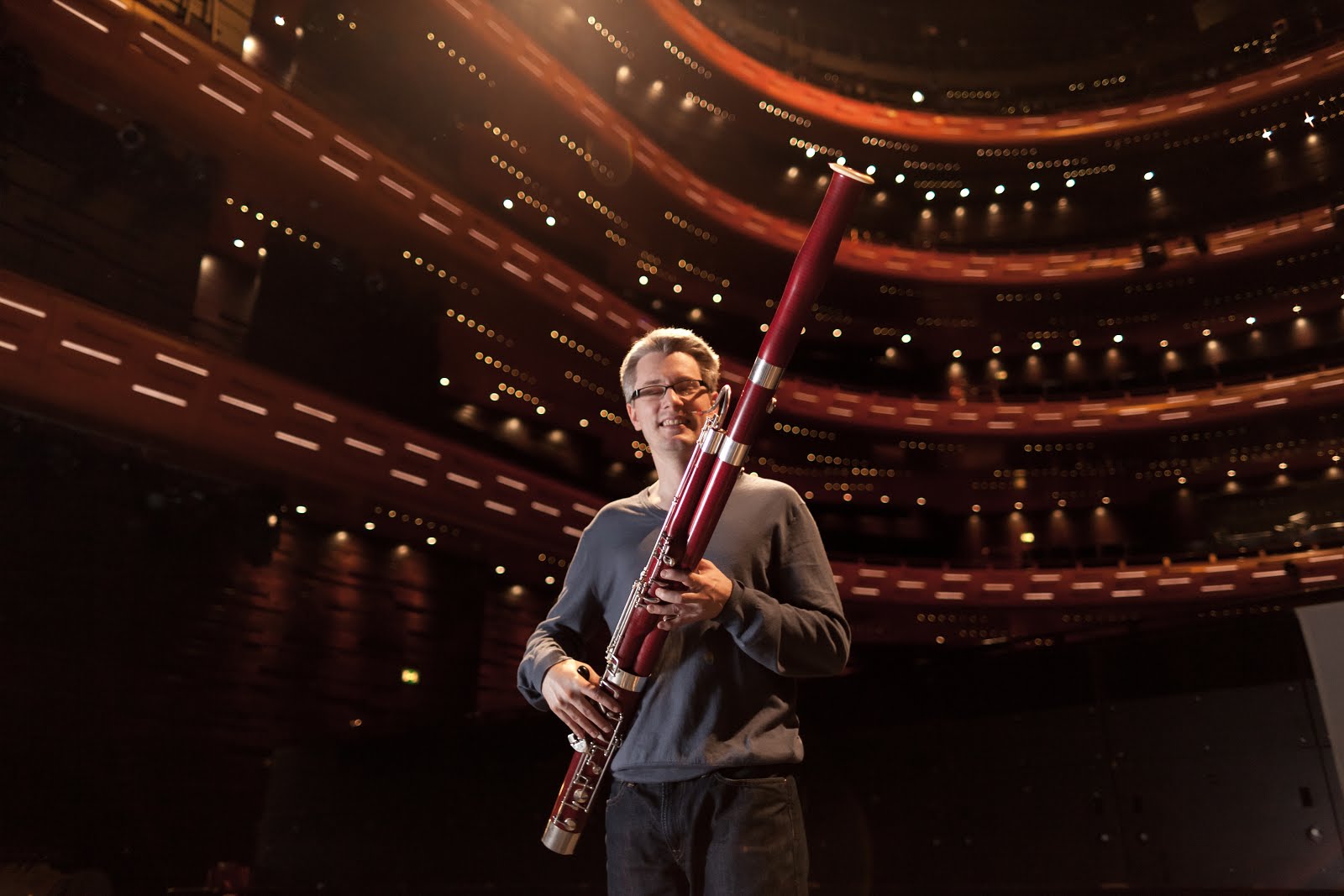4 Pieces of advice for bassoonists from Ole Kristian Dahl
“You don’t choose the bassoon, the bassoon chooses you”. This was a comment from one of our Facebook fans that inspired this blog post.
You might have heard about the campaign “Save the bassoon”, which focused on reminding the public about the importance of the bassoon in the orchestra. We want to contribute to this, with some pieces of advice from one of today’s most renowned bassoon players and teachers, Ole Kristian Dahl. His teaching technique is based on individuality and he strongly encourages his students to find and follow their path and passion. He is one of those teachers who shares their musical journey in such a way that it inspires and motivates his students. You can also watch the full interview for free here
1. Can you describe your perception of sound?
This has two very important sides. It has to be a sound that you can use, a sound that is in tune, a sound that has mixing capacities, a sound that people really want to play with. Secondly, it needs to be a signature sound that people can recognise. So, I think it has two very definite sides. You have to develop the capacity of your sound so that it can be loud or soft, balanced, it can have a dark side, a middle and a bright side. It also has to incorporate your own artistic signature. I think that one has to allow this artistic signature within the individual and also as a teacher. I take great pride in trying to keep the individuality of my students.
2. What is your advice for practicing?
I like to put it in 3 categories. I mean the first part of the day has to be concerned with academics and basics, like fixing the daily stone. Once you have done that you get a really good sensation that you have done some work already.
Second part of your practicing should definitely be concerning getting a job. So, you should be concerned about your standard pieces and your orchestral excerpts. Practice them in an academic, but also transfer them in a creative way.
“Why do we play this instrument? You have to have fun playing this instrument.”
And the third part of the day is when we enjoy. Why do we play this instrument? You have to have fun playing this instrument. So, the third part is to play. If you are having fun, it also takes some of the negative stress that you can get in this professional way. You got to release, you got to let go, there is nothing you can change at the moment, so you might as well try to enjoy it.
3. How should one prepare for an audition?
This is very individual. For most people is very different how much required practice they need and how they prepare mentally. That’s why I emphasize that the second part of your practice should always concern your standard pieces and your standard orchestral excerpts in a slow and thought through manner.
So, the process up to an audition is of course fortifying the general form and then mentally being ready for the audition. I think it’s quite sad if people try to say ...i won’t be nervous for the audition… You will! I think you have to take the bull by the horns and say I am going to be nervous, so I will try to be as close as I can be to my body and not lose the contact, this is the worst feeling in an audition when your breathing starts to come down here and you don’t feel your instrument anymore. So, practice being nervous and practice how to get close to the instrument again so that you can bind and find the line you wanted to achieve.
“I think you have to take the bull by the horns and say I am going to be nervous.”
4. How do you choose a bassoon?
It’s also very personal I think. I think that what you need to do is find an instrument that you bound with. There must be some kind of a connection, a bit of a crush, a bit of a love thing right away that makes you say Ohh I like this. These instruments are so personal,that you have to find the personality in the instrument. I think the instruments are quite different out there. The older ones kind of have their own personality sort of built in, so you have find out “Do we agree, can we work together?” Whereas, these modern ones, I find that you can add a bit more of your own personality and shape them a bit more, because they are not that rigid in this way.
“These instruments are so personal,that you have to find the personality in the instrument.”
Check out more free advice from Ole Kristian Dahl on Tchaikovsky's 4th symphony, Saint-Saëns Sonata, Le Sacre du Printemps, Bassoon Reeds.
Let’s save the bassoon and tell the world why it is such a great instrument.
